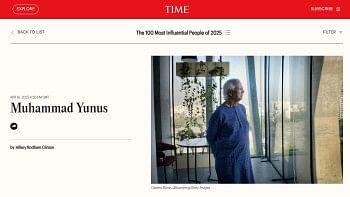The peon who became a millionaire!

The story of how a member of the subordinate staff at Rajuk became the owner of property worth crores of taka published in this paper yesterday reveals the audacious manner in which a government employee has abused his position to amass illegal wealth.
In this particular case the errant staff member posed as a Rajuk high up, stole documents from different files, bought flats, shares, plots and even a shop at a commercial market owned by Rajuk. Some of these assets were bought in his wife's name. The wealth he has acquired could not be accounted for from any known source of income. The Anti Corruption Commission must be lauded for unearthing the crimes committed apparently under the noses of the errant peon's bosses. We cannot help but wonder why the Rajuk authorities were not aware of such misdeeds before the ACC's probe.
The incident points out to a major lapse in monitoring the activities of employees in public institutions giving enough scope for corruption. Only a day before, a Bangla daily reported how an Upazilla Nirbahi Officer (UNO) allegedly took bribes from stone traders and kept the money in his wife's account.
While we appreciate the work of the ACC in trying to root out corruption in public bodies, we feel this is only the tip of the iceberg. All public institutions and departments of various ministries must make sincere efforts to stop corrupt practices that have spread like cancer, weakening these bodies and making them dysfunctional for the public. The government must realise that unless its institutions are free of corruption, the process of development will be irrevocably hampered.

 For all latest news, follow The Daily Star's Google News channel.
For all latest news, follow The Daily Star's Google News channel. 








Comments